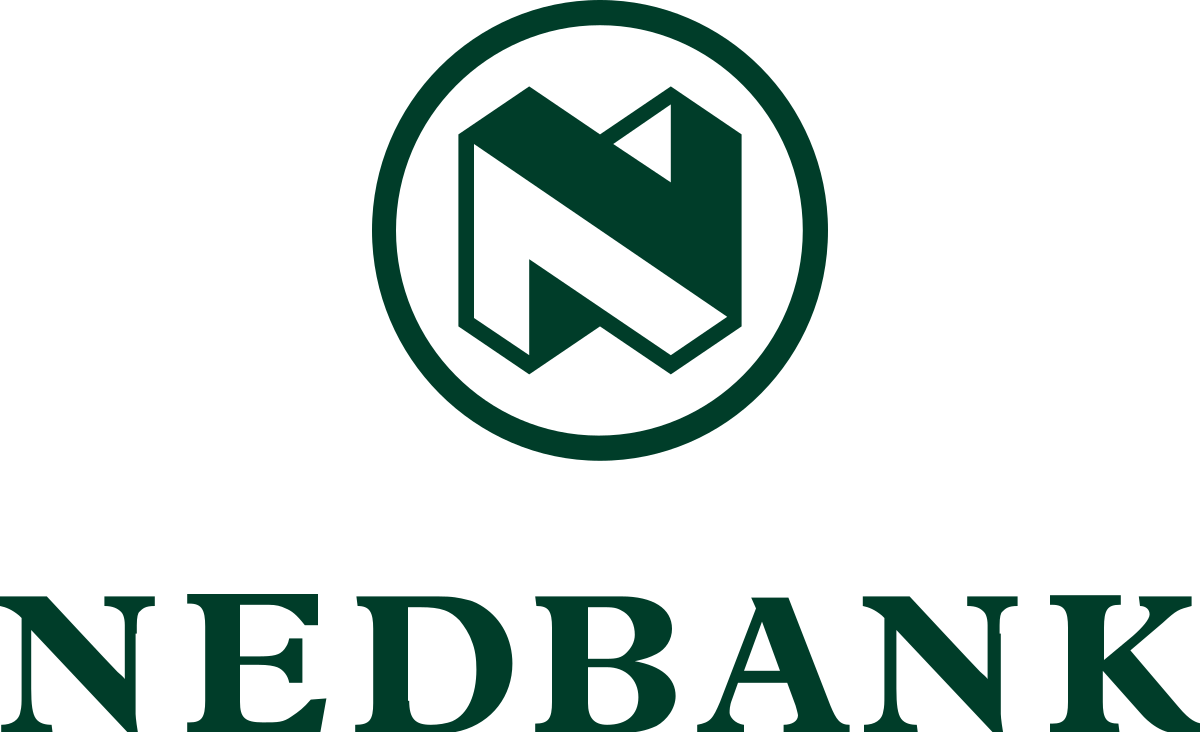Cedar Square launches new Slow Market with a wide variety of stalls and entertainment for everyone
Markets and fairs are enjoying a growing wave of popularity as must-visit lifestyle destinations that feature organic foods, on-trend artisanal products, and a unique community spirit.
The artisanal hand-made ‘vibe’ has always been a counterpoint to mall culture, but South Africans have turned that trend on its head, with malls inviting markets in as ‘pop-up’ tenants – going even further in their quest to provide shoppers with all the resources they need.
The new Slow Market at Cedar Square in Fourways, welcoming more than 40 stall-holders each Saturday from 9h00 until 15h00, catering to the community which is increasingly looking for healthy, sustainable and authentic experiences.
Stalls include artisanal cheeses, delicious baked goods, pure honey, handmade leather goods and handsewn clothing, as well as art, crocheted toys and jewellery, among others.
The product range has been carefully curated to ensure that there are no mass-manufactured or poor-quality goods for sale, with each vendor committing to the ethos of ‘slow’, i.e. prepared by hand, using high-quality locally sourced ingredients or materials.
The stallholder mix has been designed to complement the products and services offered in Cedar Square, giving visitors to the centre the best of both worlds: the uniqueness of artisanal produce and goods, and the range of premium products and services expected in an upmarket retail setting.
“Participating in Cedar Square’s Slow Market is the ultimate opportunity for local makers and smaller brands to cultivate real connections with customers,” says Zoe van Onselen, Head of Marketing at Accelerate Property Fund, the centre’s owner. “It’s a great launch platform for new businesses, giving them the opportunity to engage directly with customers. The market is also a manageable and affordable way for entrepreneurs to showcase their products in more of a ‘pop-up’ context in a premium environment, rather than investing in a full-scale brick-and-mortar location. ”
The Cedar Square Slow Market is more than a regular market experience – regular live music performances add to the spirit and excitement of each morning, while scattered seating and tables offer comfortable resting areas for shoppers to take a break and enjoy a snack or craft drink.
Visit the Slow Market at Cedar Square every Saturday from 9h00 to 15h00. Vendors accept cards or cash, and visitors are encouraged to bring their own reusable shopping bags. For more information and a list of vendors, please contact Jacqui van den Berg.
About Us
 The Northern Business Review is a business community newspaper that provides a platform for businesses to market their products and services, as well as build their brand, but equally important the publication provides information, advice and topics of interest, including business, entrepreneurial, economic reviews and simple ideas to grow your business. The publication has a primary objective to “uniquely” represent businesses to a wide audience across the community as well as provide a media platform of business articles and information that affect, influence and uplift the business environment within our defined geographical and cultural community.
The Northern Business Review is a business community newspaper that provides a platform for businesses to market their products and services, as well as build their brand, but equally important the publication provides information, advice and topics of interest, including business, entrepreneurial, economic reviews and simple ideas to grow your business. The publication has a primary objective to “uniquely” represent businesses to a wide audience across the community as well as provide a media platform of business articles and information that affect, influence and uplift the business environment within our defined geographical and cultural community.
Recent Posts
- The HUAWEI MatePad T 10s 64GB: the ideal tablet for families
- TIGER BRANDS CULINARY DIVISON PARTNERS WITH BACARDI HOLIDAY CLUB FESTIVAL AS THE OFFICIAL FOOD SPONSOR
- Prevent the silent onset of chronic kidney disease. Here’s how
- 15-minute neighbourhood trend on the rise across SA
- 3Sixty Biopharmaceuticals enters into a sales and distribution agreement with Adcock Ingram’s OTC division




